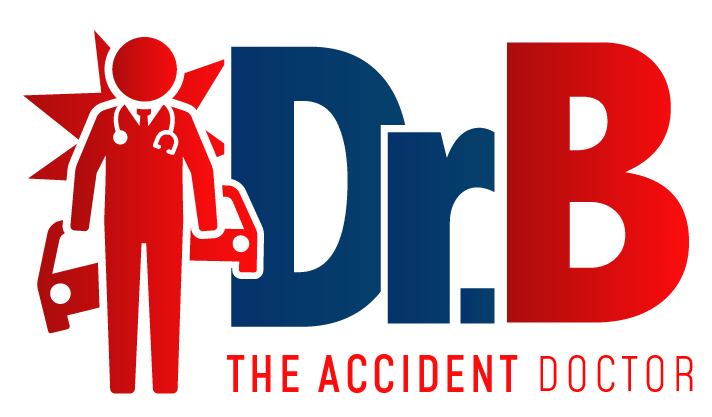
Traumatic Brain Injury
What is a Traumatic Brain Injury?
The term “brain injury” covers a wide range of conditions and injuries relating to the brain, skull, and scalp. A traumatic brain injury (TBI) usually results when the head or body suffers from a violent blow or jolt that results in swelling, bruising, bleeding, or tearing of the brain tissue. The brain is central to your body functioning properly and any damage to it has the potential to change the way your body operates. Mild traumatic brain injury may affect your brain cells temporarily. More-serious traumatic brain injury can result in bruising, torn tissues, bleeding and other physical damage to the brain. These injuries can result in long-term complications. Depending on the medical professional’s assessment of how severe the injury to your brain is, TBIs can usually be placed into one of three categories:

Mild Injury: A mild TBI is characterized by loss of consciousness for a few seconds or minutes, if at all. Loss of consciousness doesn’t need to occur and a victim may only appear to be confused or disoriented. With mild TBIs, medical tests may show that the brain was not injured, although this can be untrue. This is why doctors look closely at the victim’s mental functioning in diagnosing mild TBIs and concussions.
Moderate Injury: A moderate TBI is characterized by loss of consciousness that may last up to a few hours and confusion that can last up to weeks. With a moderate TBI, complications can last for months and could be permanent. These complications can be physical, cognitive, or behavioral. Many treatment programs will be needed to address these complications.
Severe Brain Injury: The most severe TBIs come from crushing blows or penetration to the skull and brain. This level of injury is life-threatening and the victim is not likely to return to the life that they once had. While closed head injuries can result in severe brain injury, typically severe head trauma is from an open head injury where the skull has been seriously damaged.
Remember, It’s not necessary to actually hit your head to sustain a TBI; these injuries can be caused by any violent motion of the head that causes the brain to move back and forth inside the skull. They are often attributed to:
- Rear-end accidents
- Head-on collisions
- Side-impact accidents
- Rollover accidents
- Single-vehicle accidents
The most common injuries TBI crash victims sustain include:

Coup-contrecoup brain injuries: This type of TBI may occur during a high-impact crash such as a head-on collision. When the brain hits against the inner lining of the skull on the opposite side of impact, crash victims can lose consciousness.
Concussions: This type of TBI is the most common—but remember that no TBI is truly minor. The brain often hits the inner lining of the skull on the side of impact.
Brain contusions: When a crash victim sustains a concussion or other TBI, a brain contusion can occur. This involves bleeding under the skin.
Diffuse axonal injuries: This type of TBI is very similar to a concussion but far more severe.
Second impact syndrome: If you sustain a second TBI while you are still recovering from a previous TBI, there is the potential for catastrophic damage.
Penetrating injuries: When an object pierces the skull, crash victims suffer from open-head injuries.
What Happens When You Sustain a Head Inury From a Car Accident?
Crash victims who suffer head injuries after a crash often lose consciousness. However, victims don’t always lose consciousness. In some cases, a TBI manifests days after a crash.
Symptoms often include:
Confusion and disorientation
Irritability and mood changes
Aggressive behavior
Increased fatigue
Increased impulsiveness
Loss of memory
Difficulty concentrating
Difficulty communicating (writing, speaking, etc.)
Sensory issues (loss of smell, taste, issues with hearing or seeing, etc.)
Comatose state

The Recovery Process
Did you or a loved one suffer a TBI after an auto accident in Sioux Falls? Even with a minor TBI, it can take a significant amount of time to recover and may require MRIs, medication, therapy, and months away from work.
Dr. B, DC "The Accident Doctor" in San Antonio has been treating thousands of Car & Work Accident Injuries, and we have a specialist in TBI Injuries. We can help you! Call a Doctor 1st! Call Dr. B “The Accident Doctor” 210-342-2777.

